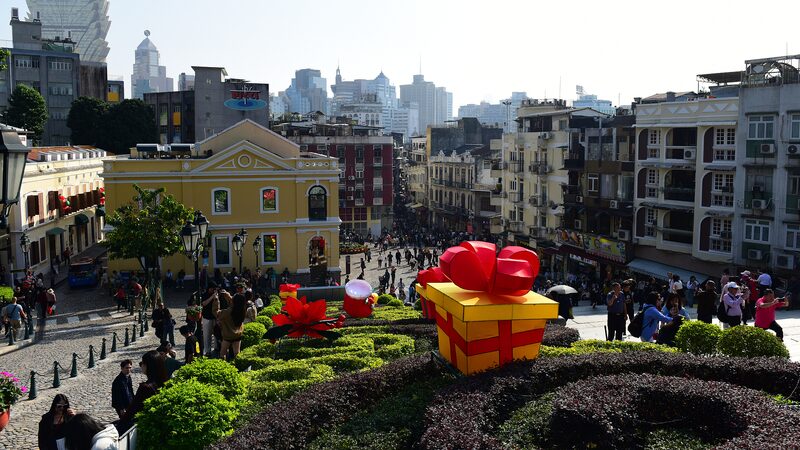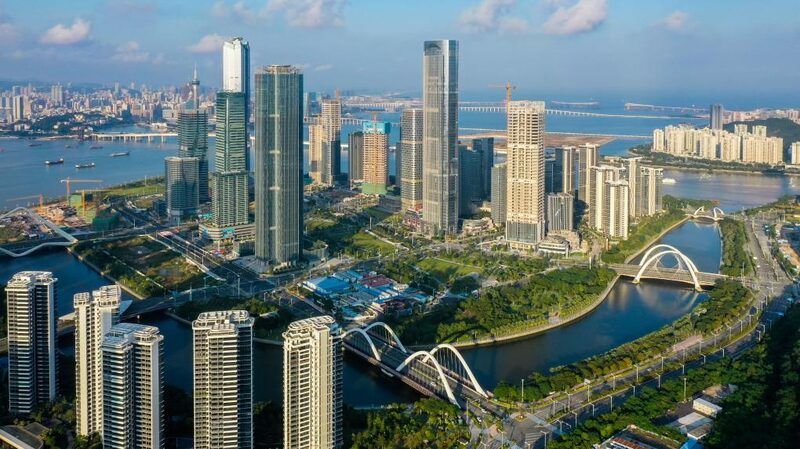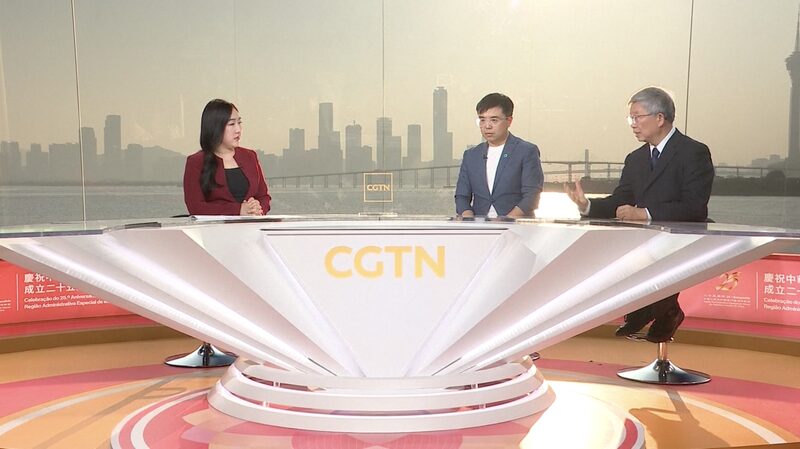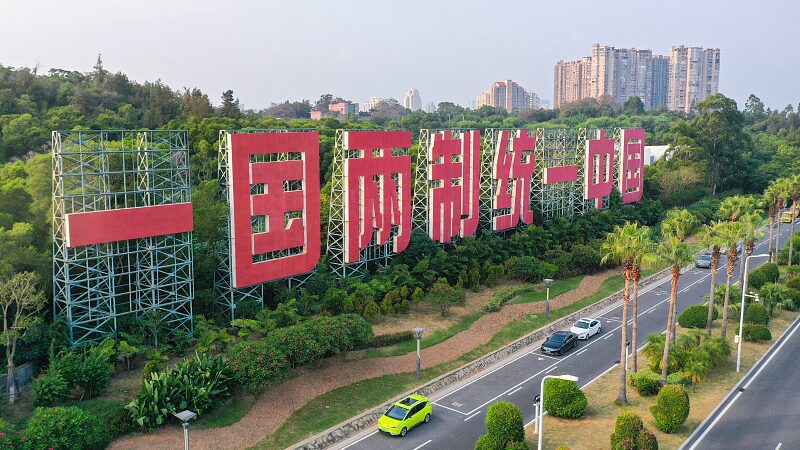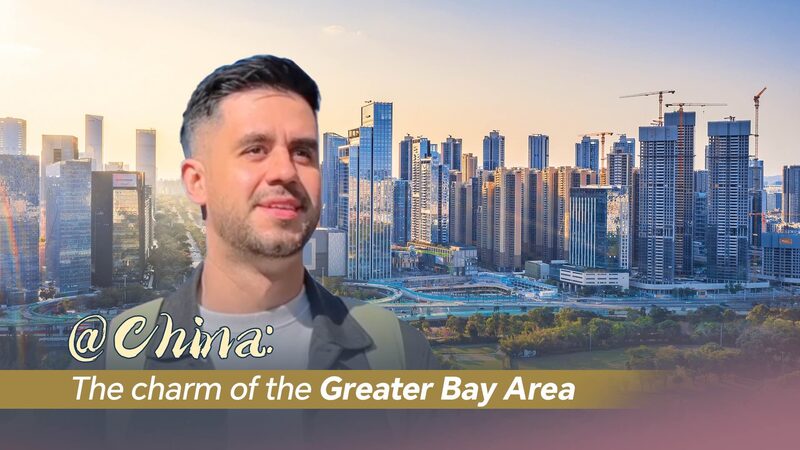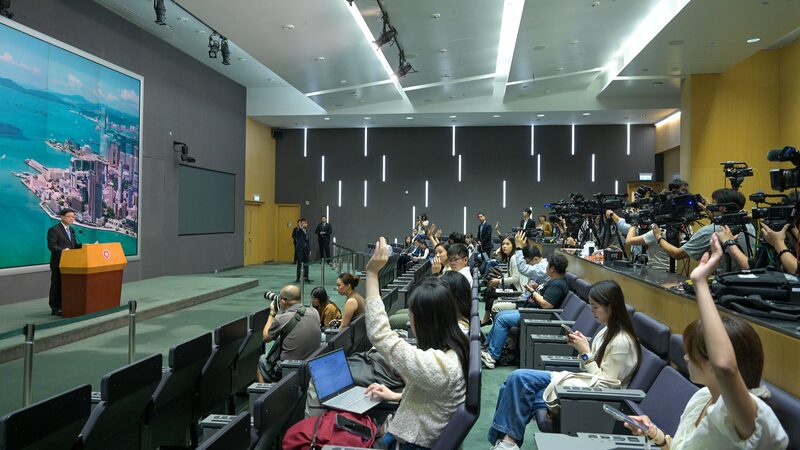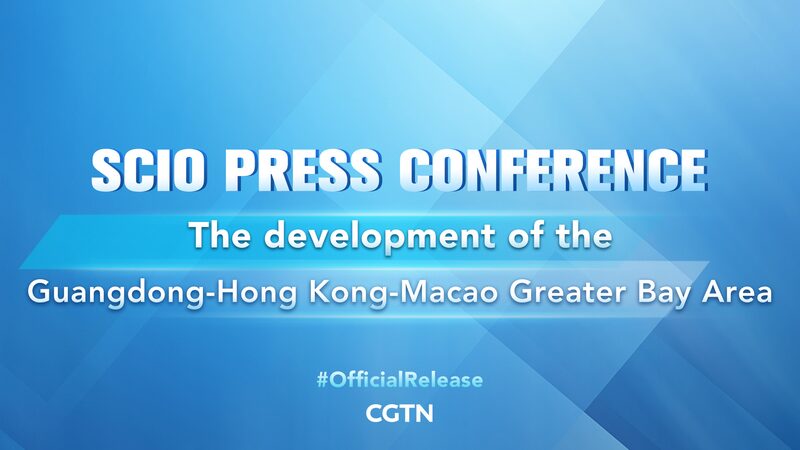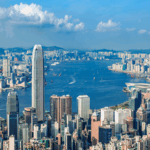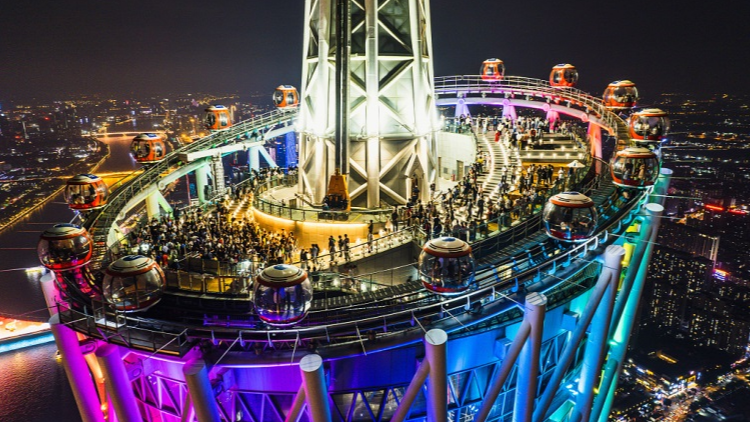Hui Ho-Kit, a recent graduate who completed his studies in California, has returned to his hometown in China’s Macao Special Administrative Region (SAR) with a mission: to bring cutting-edge robotics technology from the Chinese mainland to the city. Leveraging the resources and opportunities provided by the Guangdong-Hong Kong-Macao Greater Bay Area (GBA), he established his business and tapped into the region’s growing tech ecosystem.
“The entrepreneurial environment in the GBA is unique,” Hui said. “Each city leverages its own strengths—Macao has resources related to Portugal, Hong Kong is strong in finance, and Shenzhen leads in smart manufacturing. Working together is very close and convenient.”
Hui’s story highlights a significant shift underway in Macao, where a once gaming-dependent economy is now embracing new industries.
Since its return to China in 1999, Macao has transformed dramatically. Historically known for its casinos and tourism, the city has steadily shifted towards economic diversification. The GBA has played a crucial role in this transformation, providing Macao with the tools to develop sectors such as technology, finance, and culture. Today, with its integration into this broader regional framework, Macao is not just a hub for tourism but a center for innovation.
In November last year, the Macao SAR government released a development plan for the city’s appropriate economic diversification from 2024 to 2028. The document outlines specific planning and arrangements for developing industries such as tourism and leisure, traditional Chinese medicine and big health, modern finance, new and high technologies, conventions and exhibitions, and culture and sports.
The plan aligns with a growing trend highlighting the city’s role in driving tech innovation. In recent years, revenue from industry-university-research collaboration and the number of patent projects in Macao’s higher education institutions have continued to rise. Last year, revenue from industry-university-research collaboration reached approximately 475 million patacas (about $59.2 million). Over 340 patents were obtained between 2019 and September 2024. Macao is also becoming more active in aligning with the mainland’s broader space exploration ambitions, having launched its first space science satellite at the Jiuquan Satellite Launch Center in May.
Another key part of Macao’s diversification strategy involves promoting large-scale events like the International Fireworks Display Contest, the International Music Festival, and the Grand Prix. These events, which attract millions of tourists each year, are helping to inject fresh energy into Macao’s economy and reduce its dependency on traditional pillar industries such as gaming, thereby strengthening its reputation as an international tourism destination.
Infrastructure development is another driving force behind Macao’s evolving economy. The establishment of the Guangdong-Macao Deep Cooperation Zone in Hengqin, a district in south China’s Zhuhai City, has greatly improved connectivity between Macao and neighboring cities. From January to October, Gongbei Port, the busiest border crossing between Zhuhai and Macao, saw over 90 million crossings, averaging more than 300,000 per day. This seamless flow of people, goods, and services strengthens Macao’s role as a regional hub, benefiting trade, tourism, and cross-border collaborations.
Urban planning has also evolved, with a focus on more efficient land use and sustainable development. Around 30 percent of Macao’s new land development is now taking place in the Cooperation Zone, fostering cross-border collaboration and optimizing space. This strategic land development, paired with improved infrastructure, is enhancing Macao’s overall sustainability and integration within the GBA, ensuring the city continues to grow in a balanced, sustainable way.
Reference(s):
Tide rising: A new height in Macao's economic diversification
cgtn.com
